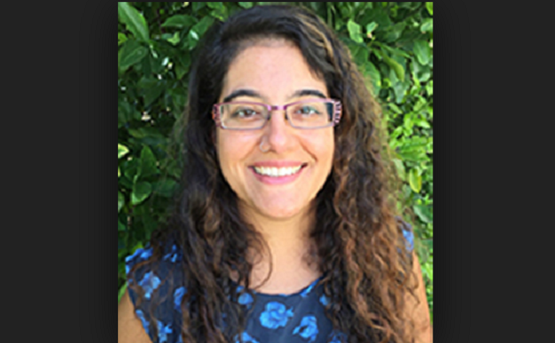For Texas abortionist Ghazaleh Moayedi, the “worst day” of her career happened in 2020 when Texas stopped elective abortions as part of its COVID-19 pandemic response.
Now, Moayedi fears that she will have to stop aborting unborn babies again.
In an interview with NPR, Moayedi expressed her “heartbreak” about the new Texas heartbeat law, which prohibits abortions once an unborn baby’s heartbeat is detectable.
“It has been nonstop in my mind for the past several months. And the past several weeks have really just been heartbreaking,” she said. “I’ve been worried about where people will go and how we’re going to get them there.”
An interesting choice of words. The law, which is slated to go into effect Wednesday, potentially could save more than 100 unborn babies with beating hearts from being killed in abortions every single day.
Yet, Moayedi sees abortion as an “act of love.”
REACH PRO-LIFE PEOPLE WORLDWIDE! Advertise with LifeNews to reach hundreds of thousands of pro-life readers every week. Contact us today.
Last year, when Texas temporarily prohibited abortions along with a long list of non-essential medical procedures to conserve medical resources and save lives during the COVID-19 pandemic, she said she experienced the “worst day of my career.”
“… when we were shut down, at that time, that was the worst day of my career,” Moayedi told NPR. “I had spent the whole day performing ultrasounds for people, getting them ready for their second state-mandated visit, and telling people I wasn’t sure what was going to happen, that we thought the state was going to shut us down, and I wasn’t sure when we were going to get them care. And I spent the next several weeks, every night, calling people, telling them it’s not today. It’s not tomorrow, but we’ll let you know when.”
Texas was forced to begin allowing abortions again when it lifted pandemic restrictions, but that could change Wednesday. On Sunday, in a major victory for life, a federal appeals court refused pro-abortion groups’ request to block the law, meaning it may go into effect, as scheduled.
Considering that about 54,000 unborn babies were aborted in Texas in 2020 and most of them were after their heartbeats were detectable, the law potentially could save tens of thousands of babies from abortion every year.
Unique from other heartbeat laws, the Texas legislation also includes a private enforcement mechanism that allows people to file lawsuits against abortionists who violate the law.
That has Moayedi worried. She told NPR that the law does not punish women for seeking or having abortions, but it does make abortionists targets for “frivolous” lawsuits that could “ruin” them.
“This law threatens my livelihood,” she said. “It threatens my ability to care for my family. It threatens my career simply for doing what I was trained to do right here in Texas.”
Though she does plan to stop aborting unborn babies in Texas, if the law goes into effect, Moayedi said she will begin offering abortions in other states.
“And I plan on traveling to take care of Texans wherever they go and wherever they need abortion care,” she told NPR.
But abortion is not “care” and it is not an “act of love.” These terms disguise the ugly, violent truth that an abortion unnecessarily and intentionally kills a child – a unique, irreplaceable human being who deserves a right to life.
Women do not need abortions to be healthy or free either. And pro-lifers all across Texas are working to support mothers and babies in need, providing resources and encouragement so that parents know they never need to “choose” abortion.








